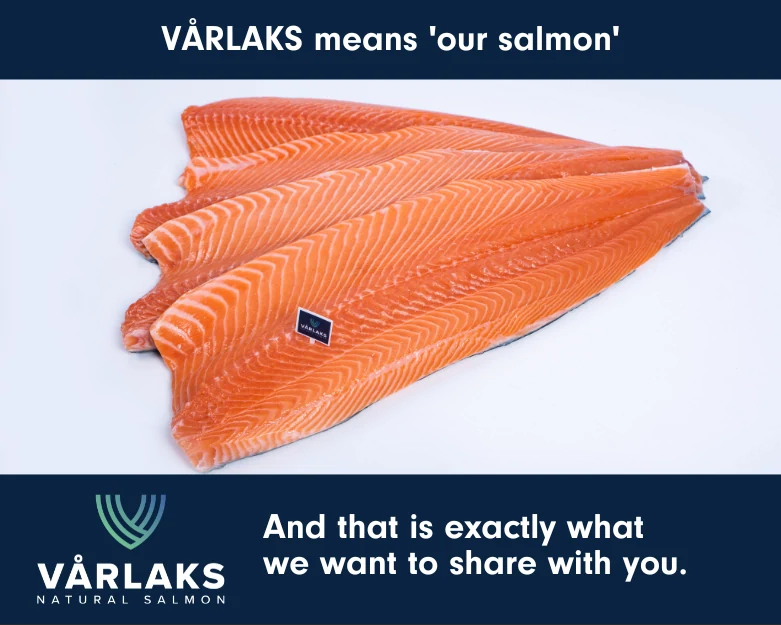Not only do farmed salmon tolerate fasting, but they also demonstrate significant compensatory growth once feeding resumes says report.
Farmed salmon exhibit resilience when subjected to fasting before various treatments, according to a report by the Institute of Marine Research.
Typically, salmon are fasted prior to vaccination, transport, deworming, and slaughter. The primary objective of this practice is to empty the bowels, thereby enhancing hygiene and water quality during handling. Additionally, fasting helps the fish better withstand the stress of these procedures.
“The salmon needs less oxygen and has a higher tolerance for acute stress when it has no food in its digestive system,” said researcher Malthe Hvas in the report.
Wild salmon also undergo fasting, albeit for different reasons. As they forage for food, periods of scarcity lead to natural fasting. To cope, these fish downregulate their metabolism, reducing energy consumption and weakening appetite signals from the stomach to the brain during extended fasting.
“This makes it reasonable to assume that salmon do not feel hungry when they fast for a longer period. We therefore believe that farmed salmon do not experience discomfort during extended fasting,” said Hvas.
Not only do farmed salmon tolerate fasting, but they also demonstrate significant compensatory growth once feeding resumes. The salmon display an increased appetite and can make up for the growth lost during fasting periods.
“Salmon have an impressive capacity for compensatory growth. They regain the growth missed during fasting,” noted Hvas. This ability benefits breeders, allowing salmon to recover lost growth efficiently.
Indicators of poor farming conditions
However, spontaneous fasting in salmon can signal poor farming conditions, such as unfavorable temperatures, inadequate oxygen levels, chronic stress, or disease. It is crucial to address these underlying issues rather than the fasting itself.
Fasting is only suitable for larger salmon living in seawater. Young salmon, or parr, can suffer severe consequences from a lack of food, including starvation or fin-biting, leading to wounds and infections.
“If the fish do not receive enough food at this stage, they may start biting the fins of others, which can lead to wounds and infections. In hatcheries, this can result in damaged dorsal fins, sometimes visible as slight deformities in larger farmed salmon,” explained Hvas.









